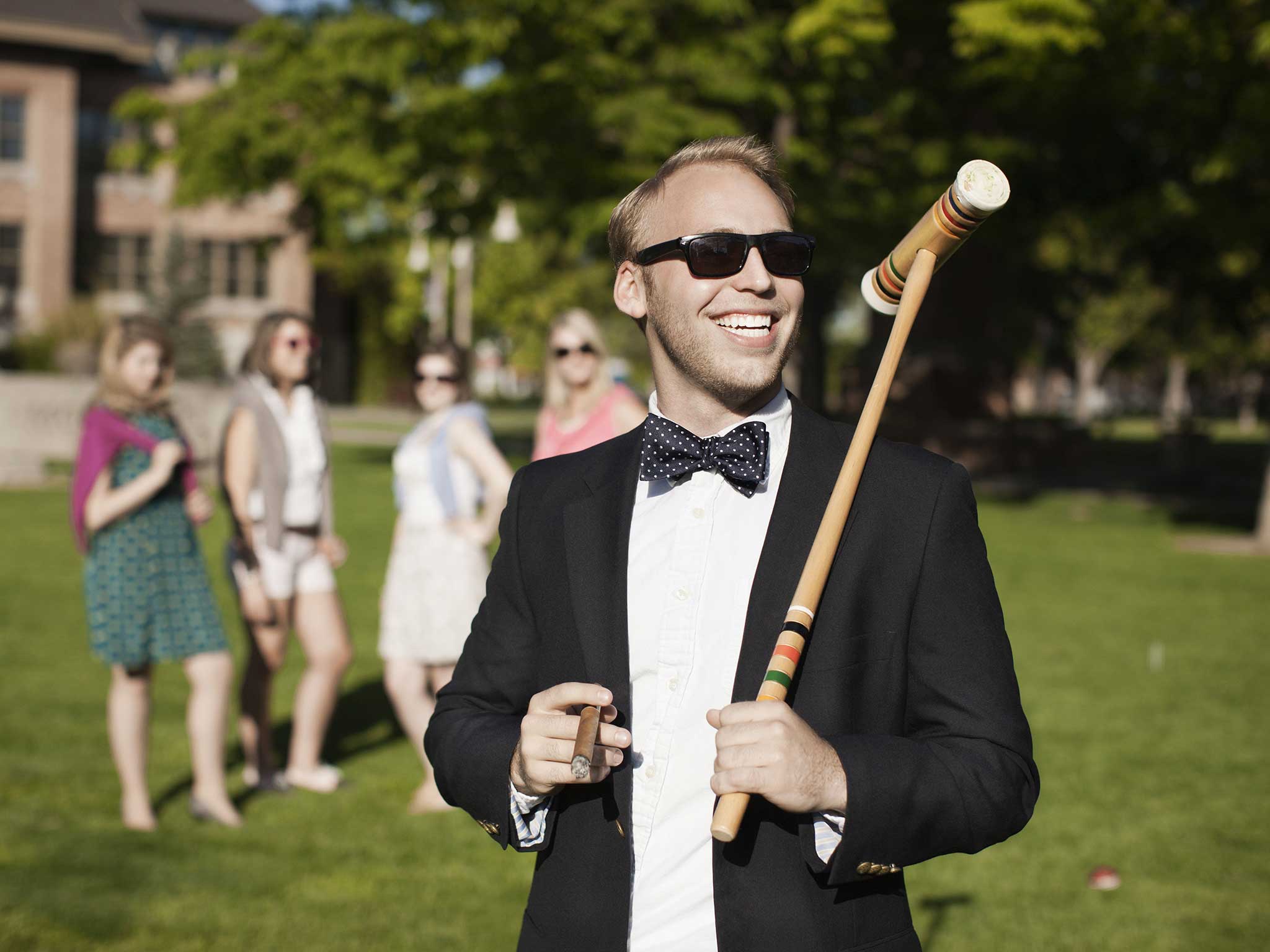Upper class divided by established 'highbrow' and 'emerging' culture
A BBC survey suggested as many as 39 per cent of Britons no longer conform to traditional class strata

Your support helps us to tell the story
From reproductive rights to climate change to Big Tech, The Independent is on the ground when the story is developing. Whether it's investigating the financials of Elon Musk's pro-Trump PAC or producing our latest documentary, 'The A Word', which shines a light on the American women fighting for reproductive rights, we know how important it is to parse out the facts from the messaging.
At such a critical moment in US history, we need reporters on the ground. Your donation allows us to keep sending journalists to speak to both sides of the story.
The Independent is trusted by Americans across the entire political spectrum. And unlike many other quality news outlets, we choose not to lock Americans out of our reporting and analysis with paywalls. We believe quality journalism should be available to everyone, paid for by those who can afford it.
Your support makes all the difference.Do you think you are upper class?
A study of nine million people has found while the majority of Britons no longer divide into traditional upper, middle and lower class brackets, new markers of class continue to differentiate social strata.
Social Class in the 21st Century claims while younger generations from an upper class background are highly engaged in “the world of contemporary music, computer games, social media and sport” they are not as involved in traditional perceived ‘highbrow’ culture.”
Cultural activities such as theatre visits, viewing art gallery installations and museums are instead dominated by older individuals from the upper class.
“This leads us to argue that there are two modes of cultural capital, one which we term ‘highbrow’ and the other ‘emerging’,” Professor Mike Savage, of the London School of Economics, explains.
The “aging mode of cultural capital,” he told The Times, is being replaced by “the rise of a kind of ‘hip’ (or hipster) cultural capital associated with younger people.
“It, too, has its own infrastructure — social media, and in the bar, club and sporting scene, and might also be seen to be institutionalised in new professional workplaces and lifestyles which emphasise the ability to be flexible and adaptable.”
A BBC survey in 2013 suggested just 39 per cent of Britons now conform to class as it has been understood. Instead, the poll found a new model of seven social classes – from the elite to a “precariat” at the bottom of the structure.
Join our commenting forum
Join thought-provoking conversations, follow other Independent readers and see their replies
Comments